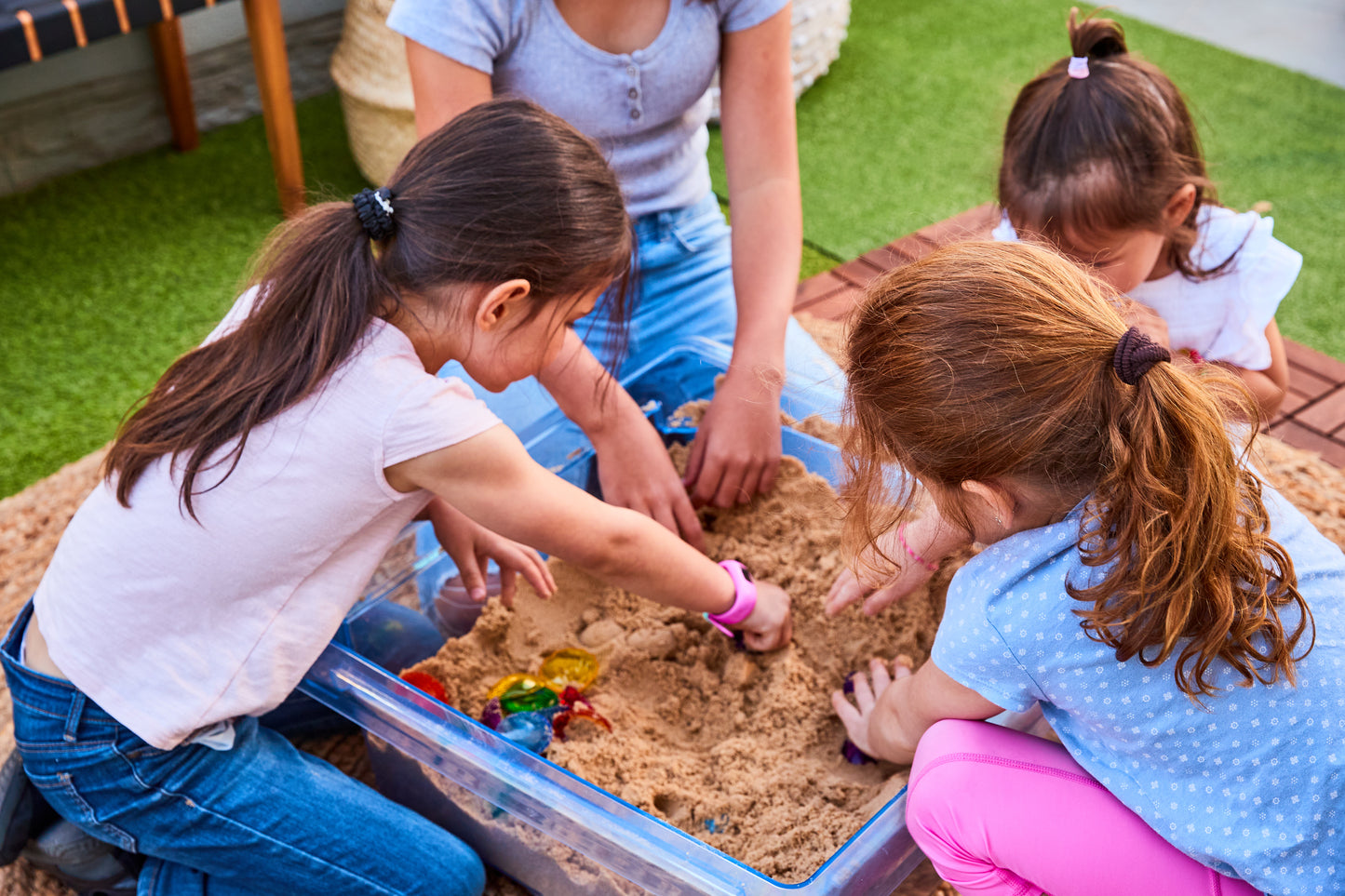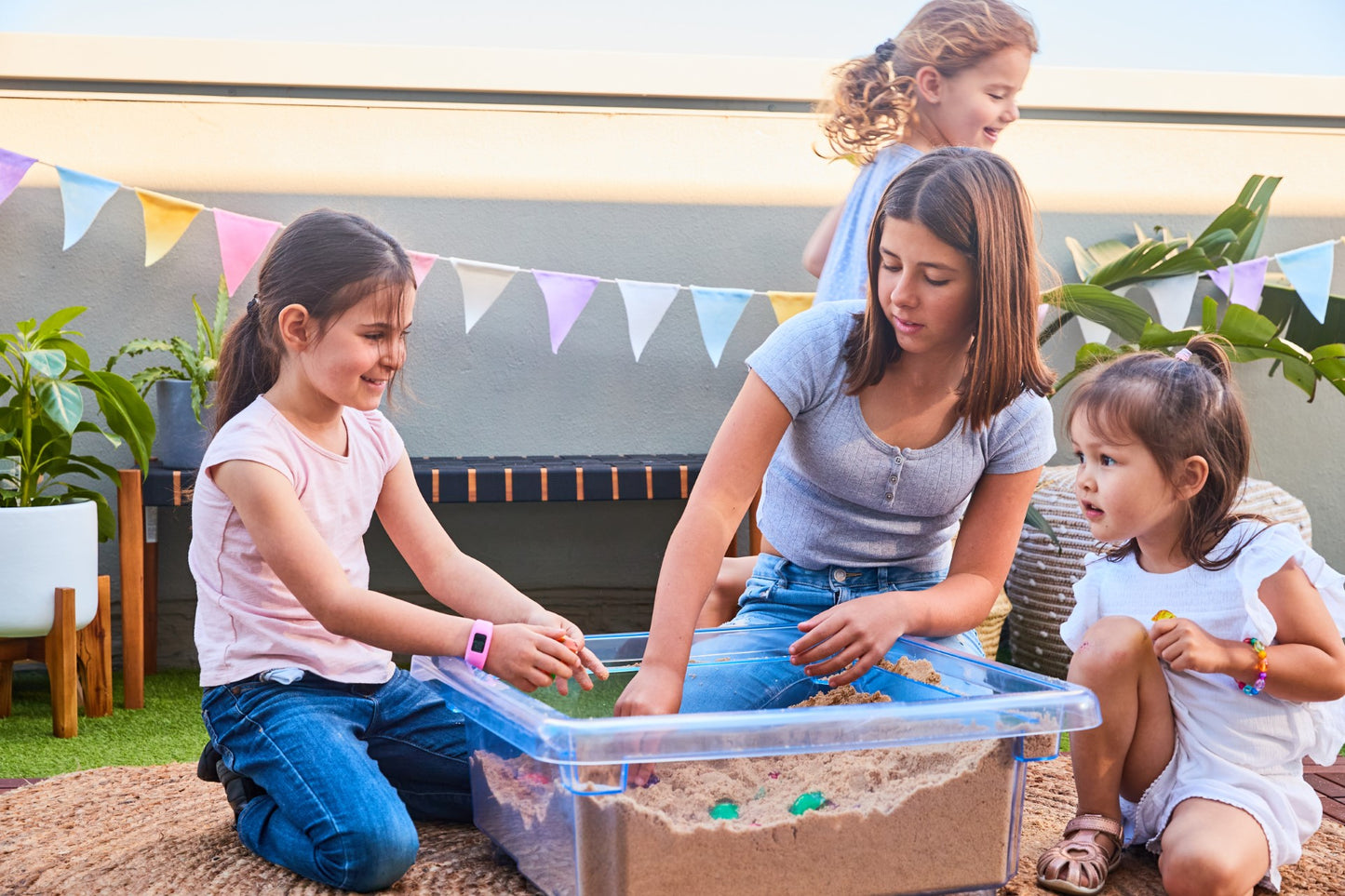Edx Education, educator, and toy enthusiast, witnessed firsthand the transformative impact that toys can have on a child's growth. Among the myriad of toys available today, open-ended toys stand out for their unparalleled benefits.
These toys, which include favourites like GeoStix®, MyGears®, Linking Cubes, and 1cm interlocking cubes, offer endless opportunities for children to explore, create, and learn. Let's delve into how these toys foster the six core skills crucial to early years development
As a parent, engaging your children in STEAM (Science, Technology, Engineering, Art, and Mathematics) activities can be both fun and educational. The early years are a crucial period for developing cognitive, motor, and social skills, and incorporating play-based learning can make a significant difference.
The Role of Open-Ended Play
Open-ended play is play that doesn’t have a predetermined outcome or set of rules, allowing children to explore and create freely. This type of play is invaluable in early childhood development, as it encourages creativity, imagination, and problem-solving skills. Edx Education toys are designed to promote open-ended play, offering endless possibilities for exploration and learning.
Educational paradigms are continually evolving, play-based learning is gaining significant traction. The "Play, Learn & Create with Edx Education" podcast, hosted by Heather Welch, delves into the intricacies and benefits of this innovative approach to education.
Understanding Play-Based Learning
Play-based learning is a pedagogical approach that uses play as the primary mode of learning. This method is grounded in the understanding that children learn best when they are engaged, curious, and motivated. The "Play, Learn & Create with Edx Education" podcast emphasises the importance of this approach by discussing various aspects such as its benefits, different stages, and how it supports overall development in children.









